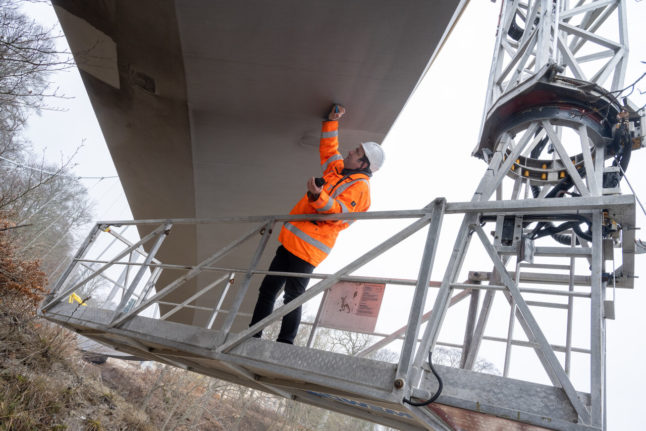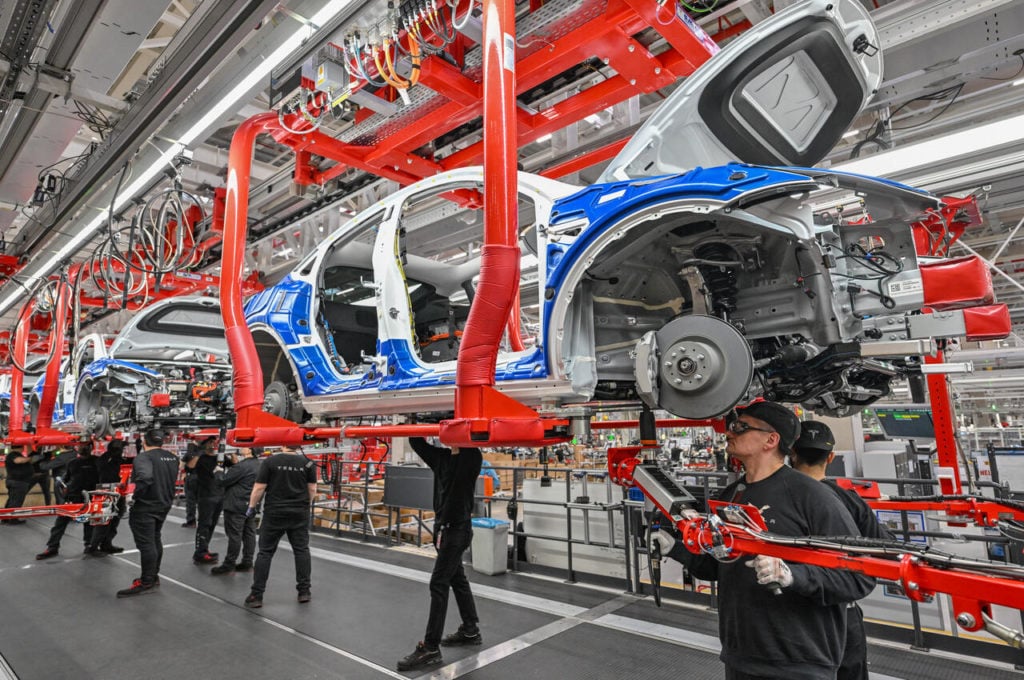By 2025, there will be a total of 35,000 vacant primary school teaching positions, according to a new Bertelsmann Foundation study.
The study's findings show that the current shortage of around 2,000 positions for school teachers across Germany will dramatically worsen over the next seven years.
The foundation’s calculations indicate that universities will only be able to train 70,000 qualified graduates by 2025 – but a total of 105,000 new teachers will be needed by then.
60,000 teachers will retire and will have to be replaced. A further 26,000 new teachers need to be taken on board to cope with the increase in student numbers. And 19,000 teachers will need to be hired to accommodate for the growth in all-day schools.
“Good lessons are carried out by good teachers,” said Jörg Dräger, chairman of the Bertelsmann Foundation, adding that there was a need to look for solutions to the shortage without compromising quality.
In order to deal with the foreseeable shortage, the foundation has proposed providing incentives for current educators – who are predominantly female and work part-time – such as increasing their work hours. Primary school teachers on the verge of retirement could continue teaching. Another option could be to accept career changers for the vacancies who haven't specifically studied to become educators.
In response to the study’s findings, the Association for Education and Training (VBE) pointed to the shortcomings of politicians.
“It is evidence of incapacity that a foundation has to do the homework that people in politics should be doing in order to arrive at a realistic prediction of teacher demand,” said VBE president Udo Beckmann.
After 2025, the foundation expects the shortage to ease up due to the demographic development of the population with regards to pupil numbers.




 Please whitelist us to continue reading.
Please whitelist us to continue reading.